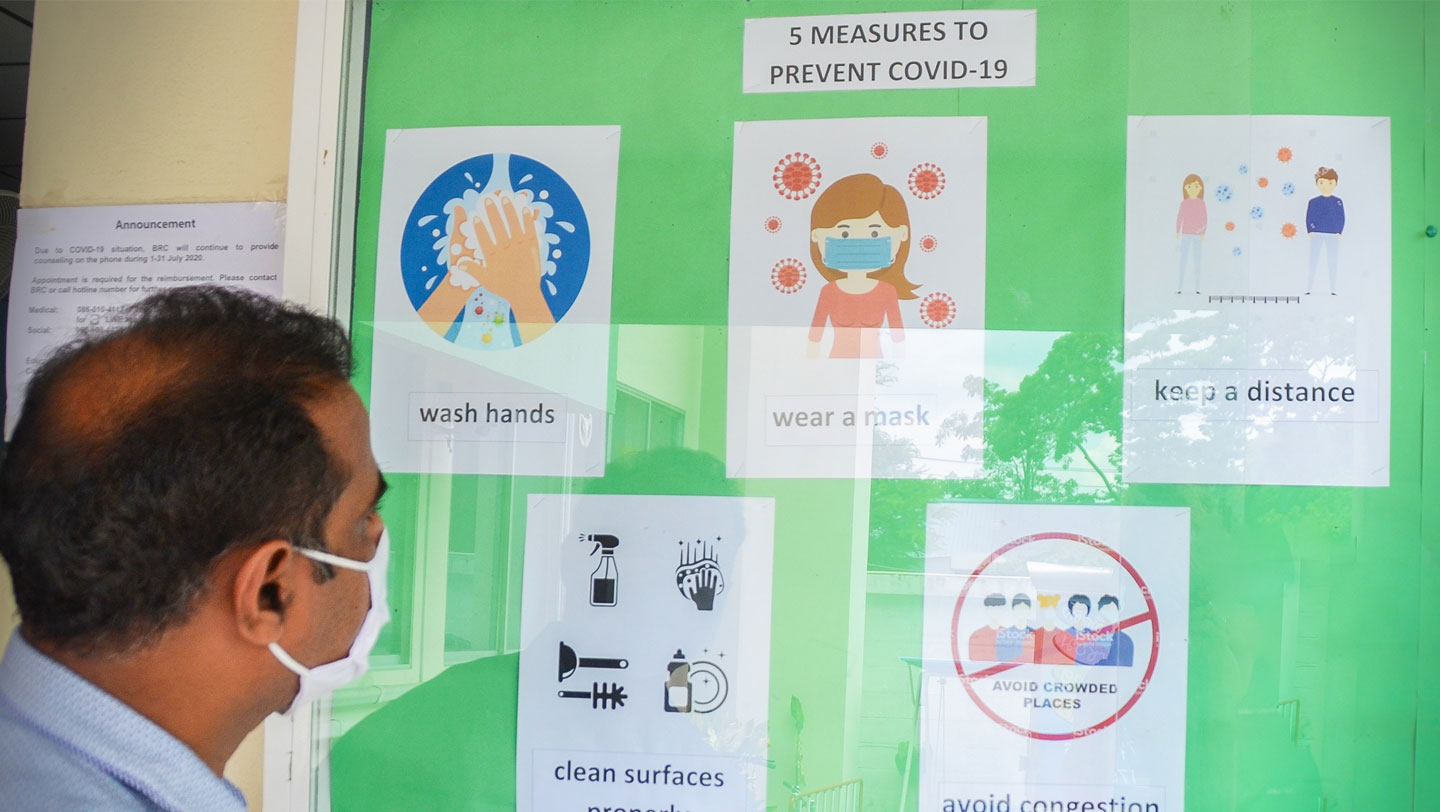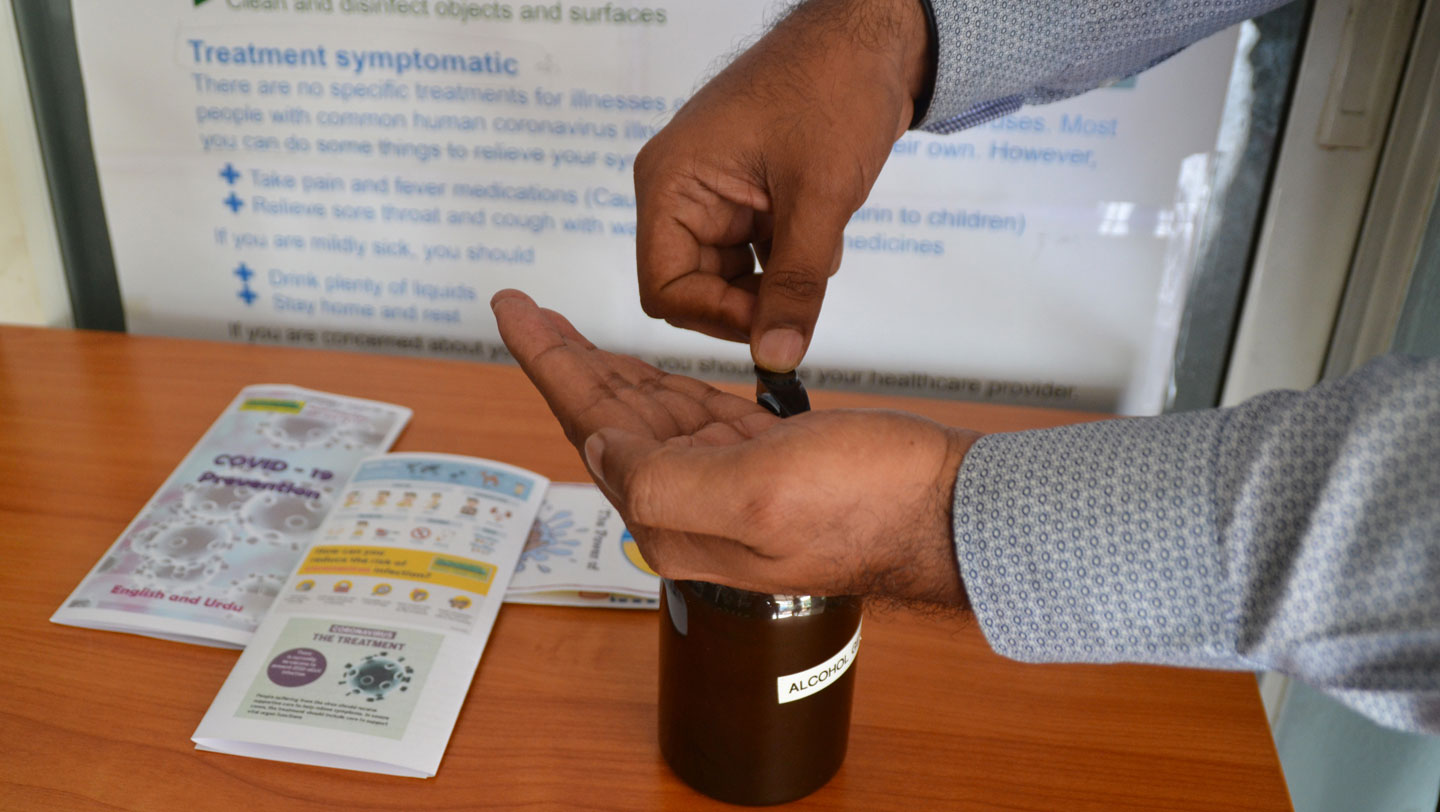How does the coronavirus outbreak affect refugees?
Refugees and other displaced people belong to the most marginalized and vulnerable members of society. They are particularly at risk during this coronavirus disease outbreak because they often have limited access to water, sanitation systems and health facilities.
Over 80 per cent of the world’s refugees and nearly all the world’s internally displaced people are hosted in low- and middle-income countries. They frequently face specific challenges and vulnerabilities that must be taken into consideration in COVID-19 readiness and response operations. Keeping the most vulnerable safe means keeping everyone safe.
UNHCR Global
How does UNHCR help refugees and internally displaced people in the fight against the coronavirus?
We’ve scaled up our work to keep refugees and internally displaced people safe by responding to the coronavirus with life-saving support, including water, medical care and hygiene materials. We help monitor the spread of the outbreak and take action to limit infections. Wherever possible, we boost public health and hygiene in areas hosting displaced people, including airlifting emergency supplies and establishing isolation units.
We support communication efforts through existing and newly built community networks and offer guidance and fact-based information on prevention measures, such as handwashing, social distancing, isolation from infected people and where to access health-care services. We are also distributing shelter material and core relief items and are expanding cash assistance to help mitigate the negative socio-economic impact of the coronavirus outbreak. We try to ensure that the rights and protection of forcibly displaced people are respected, including the right to seek asylum despite border closures. We work with partners on the ground to offer psychosocial counseling as well as measurements to prevent and respond to sexual and gender-based violence.
UNHCR in Thailand
In the context of COVID-19, UNHCR has advocated for asylum-seekers, refugees and stateless persons to be included in Thailand’s national COVID-19 response and provided with access to free COVID-19 testing and health care, as well as for alternatives to detention for all asylum-seekers and refugees from all government facilities.
Moreover, UNHCR has established inter-agency coordination mechanisms for urban asylum-seekers and refugees, Myanmar refugees and stateless persons and continues to share COVID-19 prevention and response messages with these groups. UNHCR is also providing support to the most vulnerable urban refugees allowing them to meet some of their basic needs and contribute to overall social stability in urban areas in Thailand, complementing the efforts of the Royal Thai Government.
Dashboards
- COVID-19 Outbreak Response Coordination Group for the 9 temporary shelters along the Thai-Myanmar border: Dashboard – 29 October 2020
- Protection Working Group: COVID-19 Response Coordination Sub-Group for Urban Asylum-Seekers and Refugees (June 2020)
- COVID-19 Impact Assessment: Urban Refugees and Asylum-seekers in Thailand (July 2020)
- Statelessness Working Group: Dashboard: Statelessness Working Group – COVID-19 Response Coordination Sub-Group (15 October 2020)





